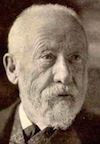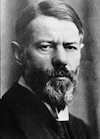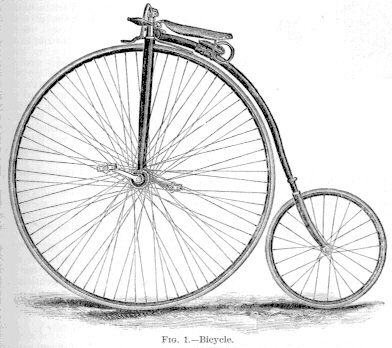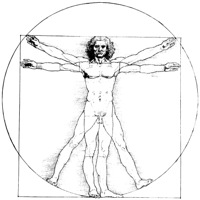Some Thoughts on the Nature of the Humanities

Wilhelm Dilthey
(1833-1911)

Max Weber
(1864-1920)
How do the humanities (or the “human sciences”) differ from the natural sciences?
This difference is illuminated by contrasting the terms ‘understanding’ and ‘knowledge’ and, in doing this, borrowing from the concept of Verstehen (the German word for ‘understanding’) as developed by Dilthey and Weber — although I mean by it the skill of orienting oneself in the world, and I wish to leave aside the question of whether, and to what extent, this orientation and this world is culturally determined.[1]
The principle difference between knowledge and understanding, used in this sense, is that knowledge can accumulate over the generations, while understanding cannot. Knowledge can be written down and passed on to the next generation, more or less intact, while understanding must be recreated in each soul anew.
The humanities are primarily engaged with this cultivation of the understanding, and thus it often seems as though there is little or no progress here — as opposed to the natural sciences, which have been piling up knowledge hand-over-fist.
 For example: A physicist can offer precise accounts of what is involved in riding a bicycle — demonstrating the various applications of force, the ratios of the gears, and so on. If anyone bothered to do this, they could map out all the motions with as much precision as they desired, and this knowledge would be good for all time and could be passed down, solid and complete, from one generation to the next.
For example: A physicist can offer precise accounts of what is involved in riding a bicycle — demonstrating the various applications of force, the ratios of the gears, and so on. If anyone bothered to do this, they could map out all the motions with as much precision as they desired, and this knowledge would be good for all time and could be passed down, solid and complete, from one generation to the next.
But knowing the physics of riding a bicycle is rather different from actually knowing how to ride one. This second kind of knowledge is what philosophers have called “knowing how” — to distinguish it from the “knowing that” of propositional knowledge — and this second kind of knowledge needs to be re-learned by each individual wanting to possess that knowledge.
Understanding, in the sense of Verstehen intended above, is like the “knowing how” of riding a bicycle. It is an ability or skill that requires practice for eventual mastery. The skill is in some sense culture-bound, and certainly it is transmitted culturally — and perhaps some cultures are more efficient at this transmission or cultivation than others. But it has to happen always from the beginning, always anew, with each individual who wants it.
 Riding a bicycle, learning how to balance oneself — or more fundamentally, acquiring the balance required to walk or to stand — is analogous to finding one’s cognitive-emotional “balance,” or one’s “existential orientation,” as a human being in the context of one’s own life.
Riding a bicycle, learning how to balance oneself — or more fundamentally, acquiring the balance required to walk or to stand — is analogous to finding one’s cognitive-emotional “balance,” or one’s “existential orientation,” as a human being in the context of one’s own life.
How to find one’s way, as a human being, is a matter more of understanding than of knowledge. One could possess all the book knowledge in the world and yet remain quite lost in one’s own soul. To learn how to negotiate the human condition — that is a task of understanding, and the primary task of the humanities.
— Steve Naragon (April 2010)
[1] See Wilhelm Dilthey, The Formation of the Historical World in the Human Sciences (1910).